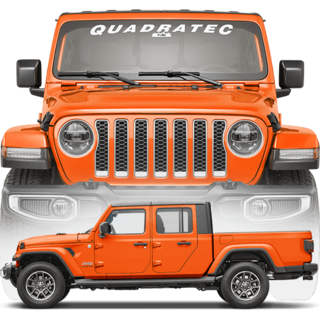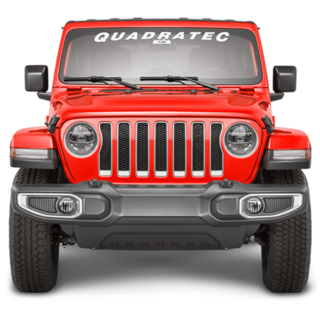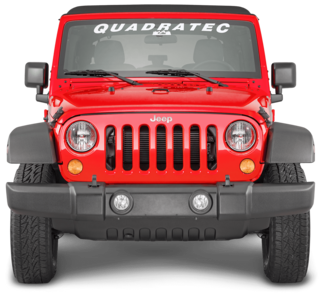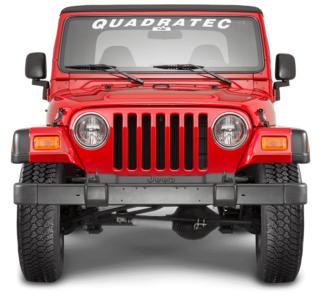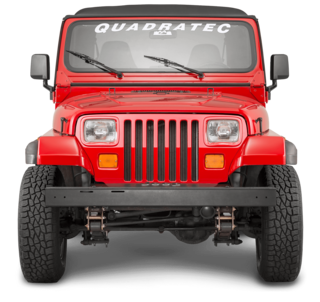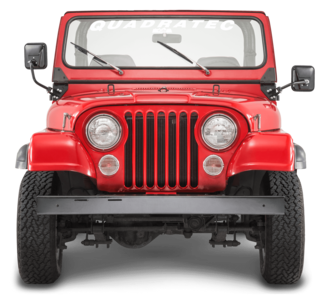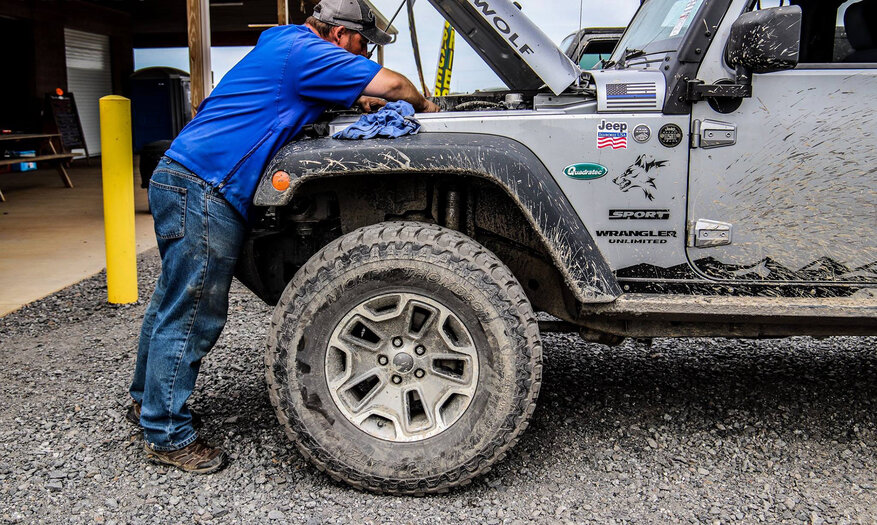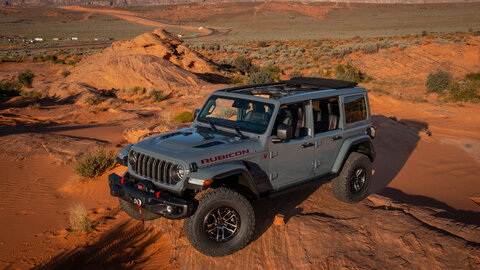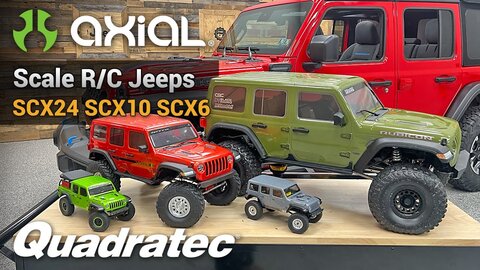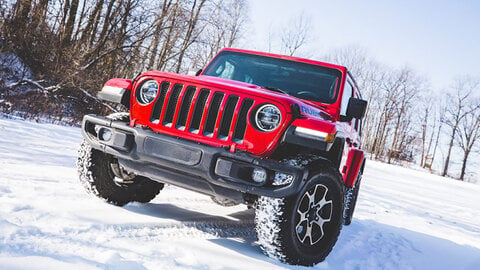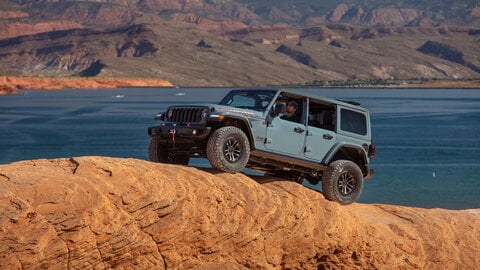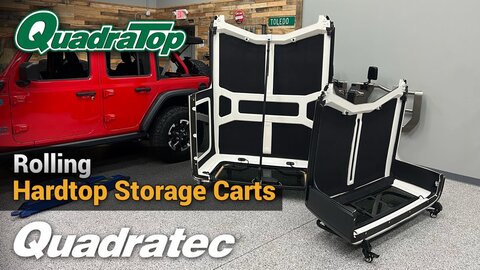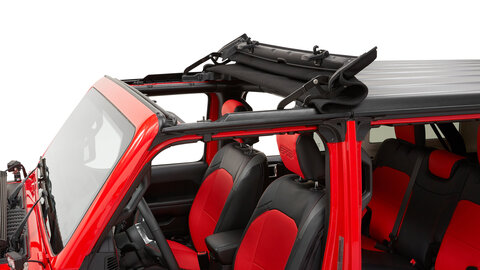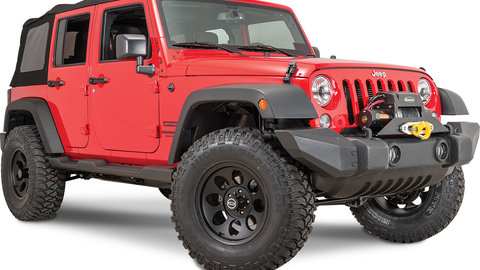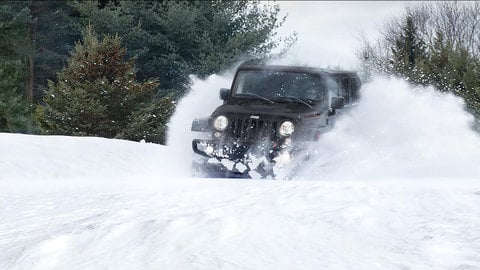by Torque Staff Report
Hopefully, all Jeep owners remember to change their oil on a regular mileage schedule. If not, this is your reminder.
The good news — modern Jeeps tell you right in the gauge cluster when it’s time to change the oil. But, sadly, that’s the only task it reminds you to do.
Now, we all get busy and tend to put off some of the lesser important maintenance tasks on our Jeeps, but most of these are really quick jobs that can be completed in just a few minutes. So let’s all keep our Jeep running strong and healthy so we can enjoy them for many more years.
Here are the top five maintenance tasks that often get overlooked on your Jeep that are fairly important:
Cabin Air Filter
If you haven’t changed your cabin air filter in a while, I would highly suggest swapping it out. Because of the nature of our Jeeps, with open soft tops, doors off, and off-roading, the cabin air filters get clogged up with all sorts of dust and debris.
The good news — swapping out for a new filter is super easy and only takes about five minutes at most, and you don’t even need any tools.
Jeep recommends that you should change your cabin air filter every 20,000 miles, but your mileage may vary depending on how you use the vehicle.
Engine Air Filter
Just like the cabin air filter, Jeep suggests you should change your engine air filter every 30,000 miles. But it’s a good idea to check at least every other oil change to make sure the thing’s not clogged or damaged.
Keeping your engine air filter as clean as possible helps your engine breathe easier, and run more efficiently. All you need to change out your engine air filter is an 8mm socket, a flathead screwdriver and a Phillips screwdriver. Total time to inspect, or replace is about 10 minutes.
Transfer Case/ Transmission Fluids
This is probably the most overlooked part of Jeep maintenance, and probably the second most important after replacing engine oil. Jeep recommends you change out your transfer case oil in your Jeep Wrangler JL every 60,000 miles with Mopar ATF, along with your transmission fluid (automatic) or transmission oil (manual).
If you do a lot of towing or off-roading, you might want to consider doing this a little more often, though.
This task isn’t quite as simple as switching out the filters above, and you can certainly try to tackle it yourself if you have the space and the tools, but it really should be done by a qualified mechanic or your local dealership. They have the tools to make the job easier, and MUCH cleaner.
Front And Rear Axle Fluid
As you probably know, every Jeep Wrangler utilizes solid axles, which is great for off-roading, but it is also another item you need to maintain because those axles contain oil. The recommended inspection for this is every 40,000 miles to at least check the level, but again, if you are off-roading or towing, then it’s a good idea to just change it at that time.
The front and back factory differential covers on Wrangler JK and JL editions do have drain and fill plugs, which makes it easier to remove the gear oil and replace. Older CJ, as well as YJ and TJ Wranglers do as well, but the drain plug on some of those models may be on the housing and not the cover. Additionally, you can simply remove the cover entirely to change the oil, but that gets kind of messy. Most aftermarket differential covers also include a drain and fill plug to make service easier, but their biggest advantage is much stronger protection against trail abuse.
Tire Rotation
Yes, tires are expensive, so to get every cent out of them, make sure you rotate those tires around every oil change. If that is too often for you, at the minimum I would suggest doing a tire rotation every other oil change.
There are a couple of options when rotating your tires on your Jeep. The most common is the four-tire rotation. That is a fine option if you plan to buy the same size tires when it comes time to buy new ones, as you’ll just have a spare tire that is a bit older than the rest.
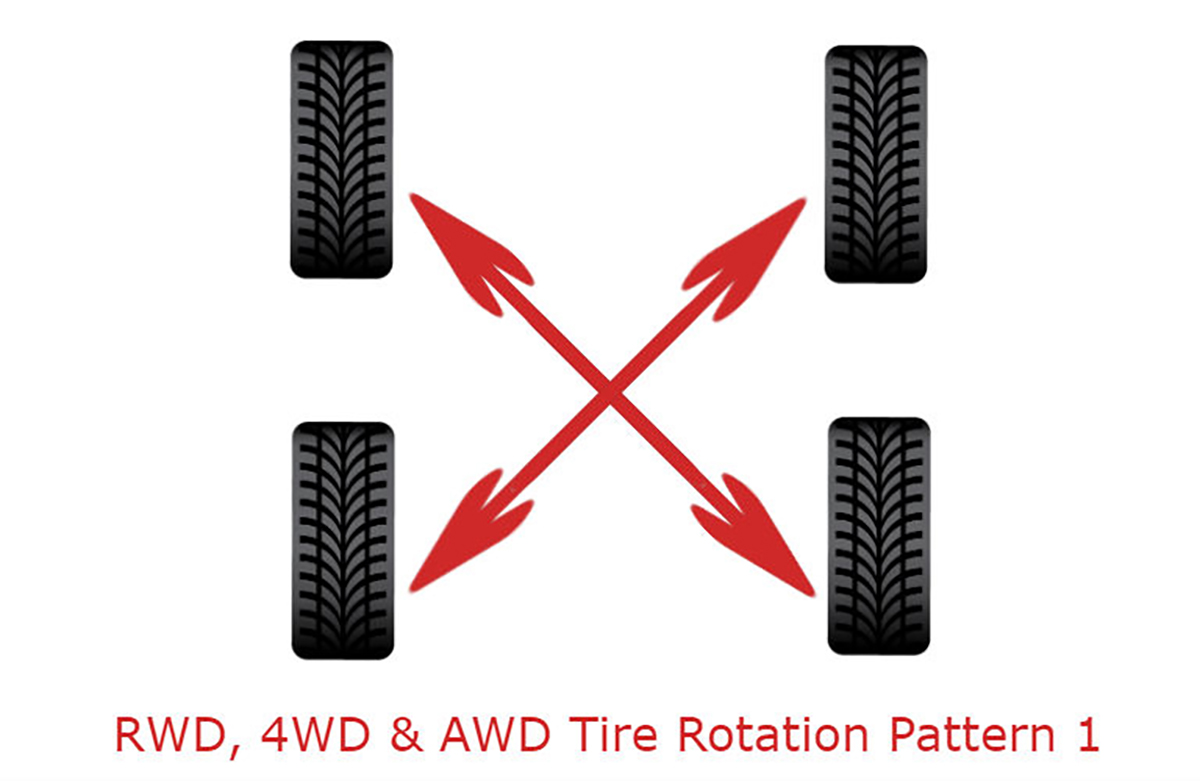
You can also perform a five-tire rotation to extend your tire life even more since you have a full size spare tire.
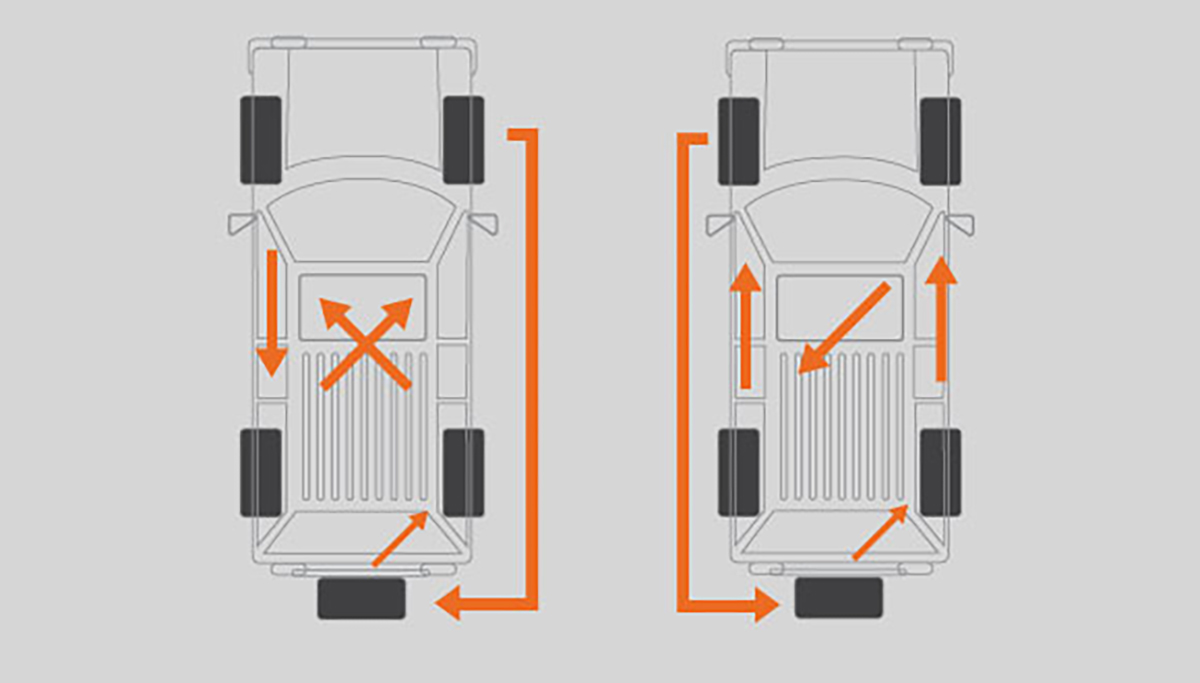
These are just a few things to keep in mind to ensure your Jeep Wrangler is running at its best and to prolong the life of several key components. This isn’t a full list by any means, but it’s a good start to taking better care of your Jeep.

